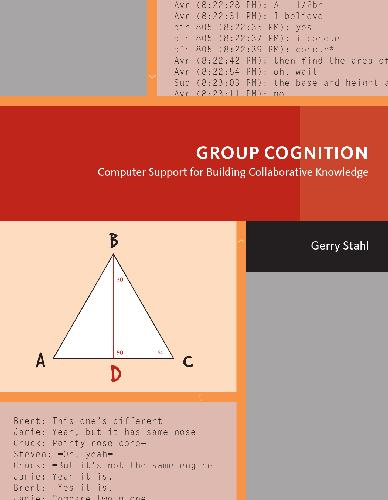(Ebook) Group Cognition: Computer Support for Building Collaborative Knowledge by Gerry Stahl ISBN 9780262195393, 0262195399
Innovative uses of global and local networks of linked computers make new ways of collaborative working, learning, and acting possible. In Group Cognition Gerry Stahl explores the technological and social reconfigurations that are needed to achieve computer-supported collaborative knowledge building - group cognition that transcends the limits of individual cognition. Computers can provide active media for social group cognition where ideas grow through the interactions within groups of people; software functionality can manage group discourse that results in shared understandings, new meanings, and collaborative learning. Stahl offers software design prototypes, analyzes empirical instances of collaboration, and elaborates a theory of collaboration that takes the group, rather than the individual, as the unit of analysis.Stahl's design studies concentrate on mechanisms to support group formation, multiple interpretive perspectives, and the negotiation of group knowledge in applications as varied as collaborative curriculum development by teachers, writing summaries by students, and designing space voyages by NASA engineers. His empirical analysis shows how, in small-group collaborations, the group constructs intersubjective knowledge that emerges from and appears in the discourse itself. This discovery of group meaning becomes the springboard for Stahl's outline of a social theory of collaborative knowing. Stahl also discusses such related issues as the distinction between meaning making at the group level and interpretation at the individual level, appropriate research methodology, philosophical directions for group cognition theory, and suggestions for furtherempirical work.
*Free conversion of into popular formats such as PDF, DOCX, DOC, AZW, EPUB, and MOBI after payment.


